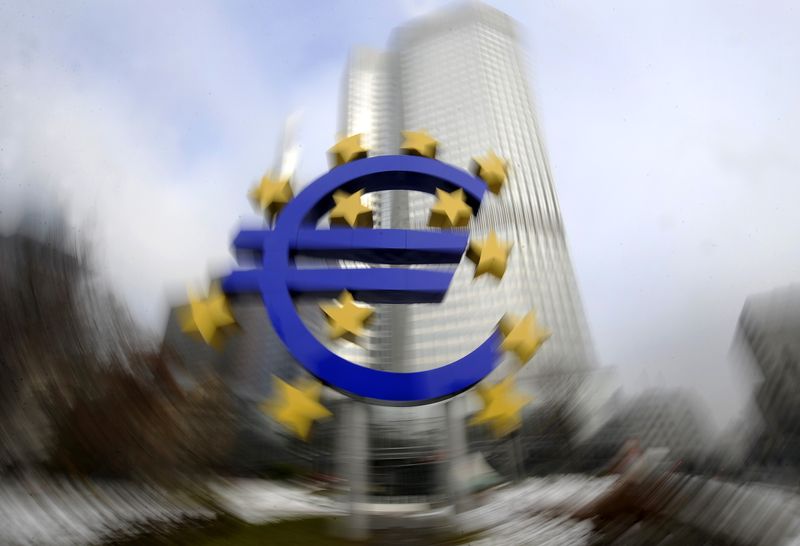Bitcoin price today: climbs to $111k amid easing trade jitters, cooling inflation
(Bloomberg) -- German two-year debt tumbled, pushing the yield above zero for the first time in eight years as investors prepared for the European Central Bank to scale back its ultra-loose monetary policy.
The yield on two-year notes, among the most sensitive to changes in short-term borrowing costs, surged as much as 16 basis points on Tuesday to 0.04%, a level last seen in August 2014. Money markets have been cranking up wagers that the ECB will raise its key rate to 0% as soon as year-end to tame surging inflation, putting an end to years of negative policy rates.
The selloff was exacerbated as investors fled haven assets amid optimism that progress was being made in striking a cease-fire in Ukraine. While the moves have knocked trillions of dollars off the value of global bond markets, it also means the entire German bond curve now yields more than zero, and may come as a relief for investors who’ve had to endure losses on bonds they held to maturity for years.
“It’s remarkable to have the whole German curve back above zero,” said Rishi Mishra, an analyst at Futures First.
The ECB cut its deposit rate to record low of minus 0.5% in Sept. 2019 and held it there to help the economy weather the pandemic, a policy that until recently has put a cap on the region’s yields. It slashed borrowing costs below zero in the wake of the sovereign debt crisis in 2014.
The ECB is still trailing peers including the Federal Reserve and Bank of England in raising interest rates, but Chief Economist Philip Lane said this week that it could be appropriate to start normalizing policy this year. Officials have recently pointed to the need for tighter policy as the war in Ukraine drives up the price of key commodities including oil, a hawkish tilt that threatens to exacerbate the rout.
About $2.6 trillion has been wipe from from the Bloomberg Global Aggregate Index since a peak in 2021. The aggregate of negative-yielding debt in the euro-area fell below one trillion euros for the first time since 2014 on Monday, a far cry from a peak of over eight trillion euros reached at the end of 2020.
(Updates pricing, adds analyst voice in third paragraph, context throughout.)
©2022 Bloomberg L.P.
